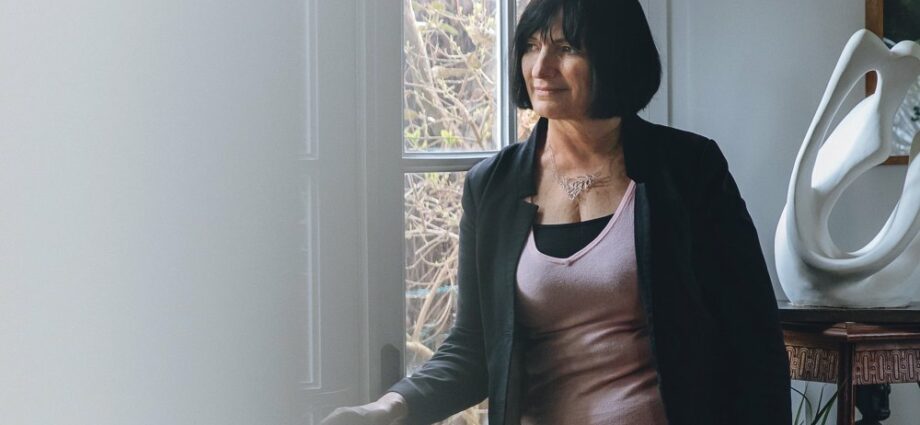ינהאַלט
- Parents: How many children are victims of incest today?
- How to explain such figures?
- Are there not “fundamental rules” to be observed in order to avoid exposing children to sexual violence?
- So how can we protect children from this violence?
- Should a parent who was sexually abused as a child tell their children about it?
Parents: How many children are victims of incest today?
Muriel Salmona: We cannot separate incest from other sexual violence. The perpetrators are pedophiles inside and outside the family. Today in France, one in five girls and one in thirteen boys are victims of sexual assault. Half of these assaults are committed by family members. The numbers are even higher when children have a disability. The number of pedophile photos on the net doubles every year in France. We are the second most affected country in Europe.
How to explain such figures?
MS Only 1% of pedophiles are convicted because the vast majority is not known to the courts. They are simply not reported and therefore not arrested. The reason: the children do not speak. And this is not their fault but the result of a lack of information, prevention and detection of this violence. There are, however, signs of psychological suffering that should alert parents and professionals: discomfort, withdrawal into oneself, explosive anger, sleep and eating disorders, addictive behavior, anxieties, phobias, bedwetting … This does not mean not that all of these signs in a child are necessarily indicative of violence. But they deserve that we linger with a therapist.
Are there not “fundamental rules” to be observed in order to avoid exposing children to sexual violence?
MS Yes, we can reduce the risks by being very vigilant about the children’s environment, by monitoring their associates, by showing intolerance in the face of the slightest humiliating, sexist remarks such as the famous “say it grows!” », By prohibiting situations such as taking a bath or sleeping with an adult, even a family member.
Another good reflex to adopt: explain to your child that “no one has the right to touch his private parts or to look at him naked”. Despite all this advice, the risk persists, it would be a lie to say otherwise, given the figures. Violence can occur anywhere, even among trusted neighbors, during music, catechism, football, during family vacations or a hospital stay …
This is not the parents’ fault. And they cannot fall into permanent anguish or prevent children from living, doing activities, going on vacation, having friends …
So how can we protect children from this violence?
MS The only weapon is to talk with your children about this sexual violence, to approach it in the conversation when it arises, by relying on books which mention it, by regularly asking questions about the feelings of the children vis-a-vis such situation, such individual, even from early childhood around 3 years old. “Nobody hurts you, scares you? “Obviously we have to adapt to the ages of the children and reassure them at the same time. There is no a miraculous recipe. This concerns all children, even without signs of suffering because some show nothing but they are “destroyed from within”.
An important point: parents often explain that in case of aggression, you have to say no, scream, run away. Except that in reality, confronted with a pedophile, the child does not always manage to defend himself, paralyzed by the situation. He could then wall himself in guilt and silence. In short, you have to go so far as to say “if this happens to you, do all you can to defend yourself, but it’s not your fault if you don’t succeed, you are not responsible, like during a theft or a blow. On the other hand, you have to tell it right away in order to have help and that we can arrest the culprit ”. Namely: to break this silence quickly, to protect the child from the aggressor, make it possible to avoid serious consequences in the medium or long term for the child’s balance.
Should a parent who was sexually abused as a child tell their children about it?
MS Yes, sexual violence should not be taboo. It is not part of the history of the sexuality of the parent, who does not look at the child and must remain intimate. Sexual violence is a trauma that we can explain to children as we would explain to them other difficult experiences in our life. The parent can say, “I don’t want this to happen to you because it was very violent for me”. If, on the contrary, silence reigns over this traumatic past, the child can feel a fragility in his parent and understand implicitly “we are not talking about that”. And this is precisely the opposite of the message to be conveyed. If revealing this story to their child is too painful, the parent may very well do it with the help of a therapist.
אינטערוויו דורך Katrin Acou-Bouaziz










